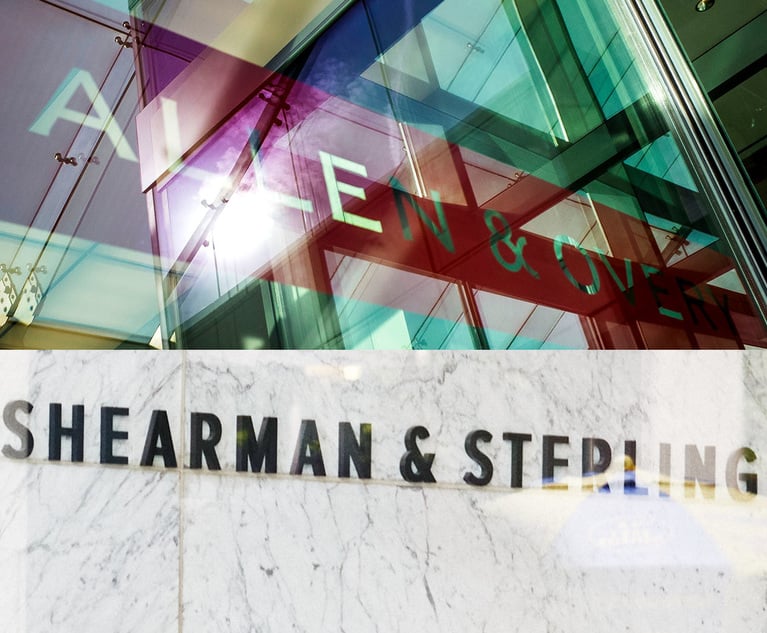The American Bar Association held its 71st antirust law spring meeting on March 29–31. During the event, enforcers highlighted their aggressive agendas and plans in light of their currently mixed success. This article highlights perspectives and insights from panels on antitrust enforcement in labor markets, merger guidelines, digital platforms, agency regulations, legislation, ESG issues, and criminal prosecutions under Section 2 of the Sherman Act.
Antitrust Enforcement in Labor Markets
Throughout the spring meeting, enforcers showed significant interest in the intersection of antitrust and labor. Members of several panels discussed the legality of noncompete agreements and the Federal Trade Commission’s (FTC) recent proposal to ban them. On Jan. 5, 2023, the FTC unveiled its proposed rule making it illegal for employers to enter or attempt to enter into noncompetes with their workers, maintain noncompetes with workers, or represent to workers that they are subject to non-competes when the employer has “no good faith basis to believe that the worker is subject to an enforceable noncompete.” (Non-Compete Clause Rule, 88 Fed. Reg. 3482 (proposed Jan. 5, 2023) (to be codified at 16 CFR 910); F.T.C., Non-Compete Clause Rulemaking (Jan. 5, 2023), https://www.ftc.gov/legal-library/browse/federal-register-notices/non-compete-clause-rulemaking.) If adopted, the rule would apply (with limited exception) across the workforce and include both employees and independent contractors, as well as both paid and unpaid laborers. The period for public comment on the proposed non-compete rule ended on April 19, 2023, with 26,813 comments submitted. Further developments on the noncompete rule have yet to be announced.


 Karen Hoffman Lent and Kenneth Schwartz
Karen Hoffman Lent and Kenneth Schwartz




